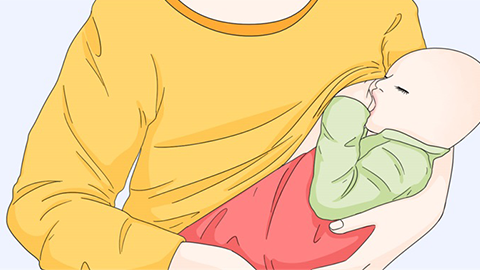Does having a CT scan mean you can't breastfeed anymore?
Generally, whether breastfeeding can continue after a CT scan depends on the specific circumstances of the examination, such as whether contrast agent was used and the type of contrast agent. If in doubt, it is recommended to consult the attending physician. Detailed analysis is as follows:

For CT scans performed without contrast agents, the radiation dose is low and does not adversely affect the infant through breast milk. Breastfeeding can continue normally after the examination. Radiation affects only the scanned area of the mother's body and does not remain in the body long-term; there is no residual radiation in breast milk. Therefore, there is no need to interrupt breastfeeding, and normal feeding poses no health risks to the infant.
For CT scans using contrast agents, the decision depends on the type of contrast agent used. Iodinated ionic contrast agents may pass into breast milk in small amounts. Although the concentration is low, infants have immature liver and kidney functions and weak metabolic capacity, which may increase their physiological burden. In such cases, immediate breastfeeding is not recommended. Non-ionic contrast agents are relatively safer, with minimal excretion into breast milk and negligible effects on the infant, so breastfeeding can generally continue after the scan.
During routine feeding, maintain breast hygiene by gently wiping the nipples and surrounding skin with warm water before and after nursing. Ensure adequate fluid intake to promote metabolism. Monitor the infant’s condition, including feeding behavior, mental status, and normal bowel movements. If breastfeeding is temporarily suspended, use a breast pump regularly to express milk and prevent milk stasis, thereby maintaining milk production.






